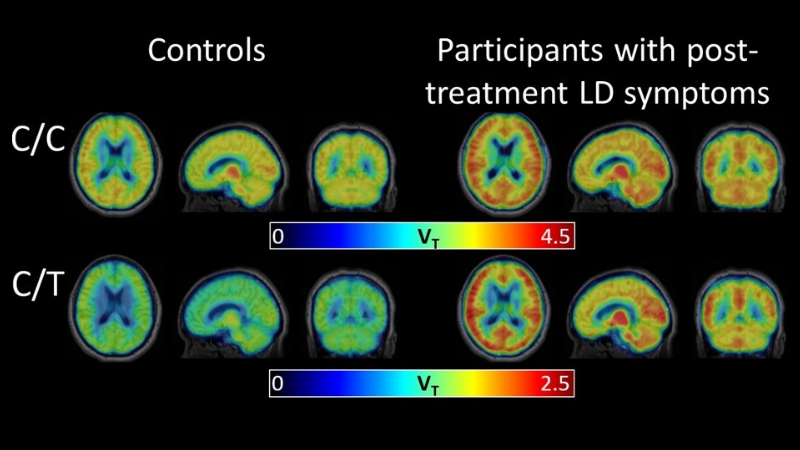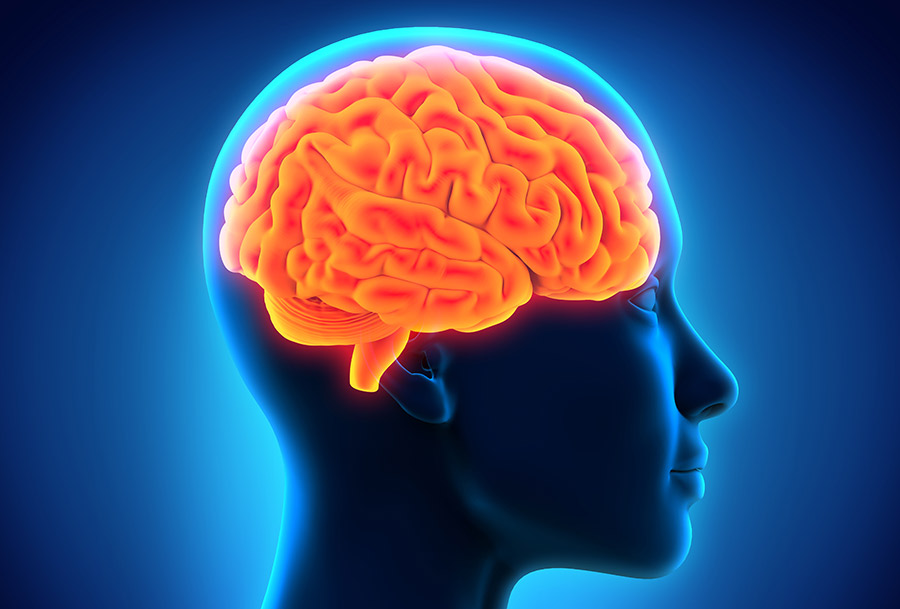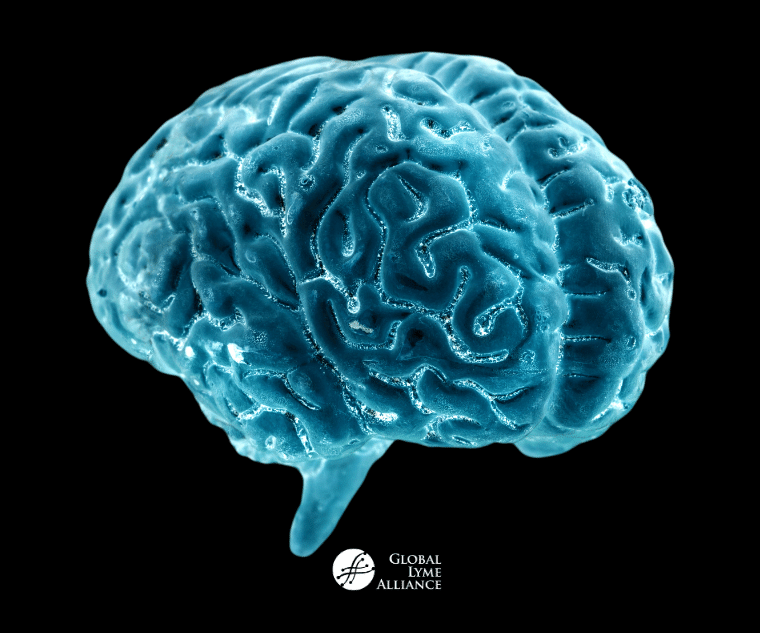What Does Lyme Disease Do To Your Brain
What does lyme disease do to your brain. Lyme Disease April 27 2018 Neurosci. The diagnosis of neuroborreliosis was assumed explains Ezequiel and a 21-day course of intravenous ceftriaxone was started. Children can also develop a neurological form of Lyme disease that often shows up as behavioral or emotional disturbances.
Its hard to explain the neurological component of Lyme disease to people who havent experienced it. Lyme disease effects on the brain. When a brain looks toxic it prompts a psychiatrist or other medical professional to dive deeper into what the root cause may be.
Neurological complications most often occur in the second stage of Lyme disease with numbness pain weakness Bells palsy paralysis of the facial muscles visual disturbances and meningitis symptoms such as fever stiff neck and severe headache. The gastrointestinal symptoms of Lyme disease and its associated infections are related to inflammation nerve. It is able to infect any organ of the body including the brain nervous system joints heart and muscles.
There is no absolute reliable diagnostic test available for Lyme disease since most testing available. The Lyme Disease and Digestive Symptom Connection Since Lyme disease is a systemic infection the bacteria can affect any organ or tissue in the body. That is why Lyme disease is known as an imitation disease.
Lyme Disease can actually affect the brain and other parts of the nervous system causing a variety of neurological symptoms. Burgdorferi antibodies the bacteria causing Lyme disease. In this regard the infection mimics the common symptoms of other conditions.
But when it goes undiagnosed for too long the bacteria can replicate and cross the blood-brain barrier invading the. Lyme disease has profound effects on the brain in about 15 of patients. You normally start to experience fevers headaches and body aches along with feelings of exhaustion.
Encephalopathy is a general term for a condition that affects the way the brain functions. Lyme disease affects the nervous system.
There is no absolute reliable diagnostic test available for Lyme disease since most testing available.
Lyme disease can cause meningitis and encephalitis. Its hard to explain the neurological component of Lyme disease to people who havent experienced it. That is why Lyme disease is known as an imitation disease. Lyme Disease can actually affect the brain and other parts of the nervous system causing a variety of neurological symptoms. Lyme disease affects the nervous system. But when it goes undiagnosed for too long the bacteria can replicate and cross the blood-brain barrier invading the. Lyme disease effects on the brain. Brain scans of people with infections like Lyme disease tend to show low overall blood flow and have a toxic appearance. Lyme is caused by the bacteria Borrelia burgdorferi which is.
It is able to infect any organ of the body including the brain nervous system joints heart and muscles. But when it goes undiagnosed for too long the bacteria can replicate and cross the blood-brain barrier invading the. When a brain looks toxic it prompts a psychiatrist or other medical professional to dive deeper into what the root cause may be. Indeed some short and long-term consequences related to poor sleep that are reminiscent of Lyme brain include mood disorders cognitive dysfunction memory problems and performance deficits among others according to a 2017 review in the journal Nature and Science of Sleep. The diagnosis of neuroborreliosis was assumed explains Ezequiel and a 21-day course of intravenous ceftriaxone was started. Lyme disease can affect the lining of the brain a disorder known as meningitis. Its a constellation of symptoms that can include short-term memory loss difficulty with focus.






































:max_bytes(150000):strip_icc()/GettyImages-1124684487-a2d50f0616db4d7bb907bc57311dd8e2.jpg)







Post a Comment for "What Does Lyme Disease Do To Your Brain"